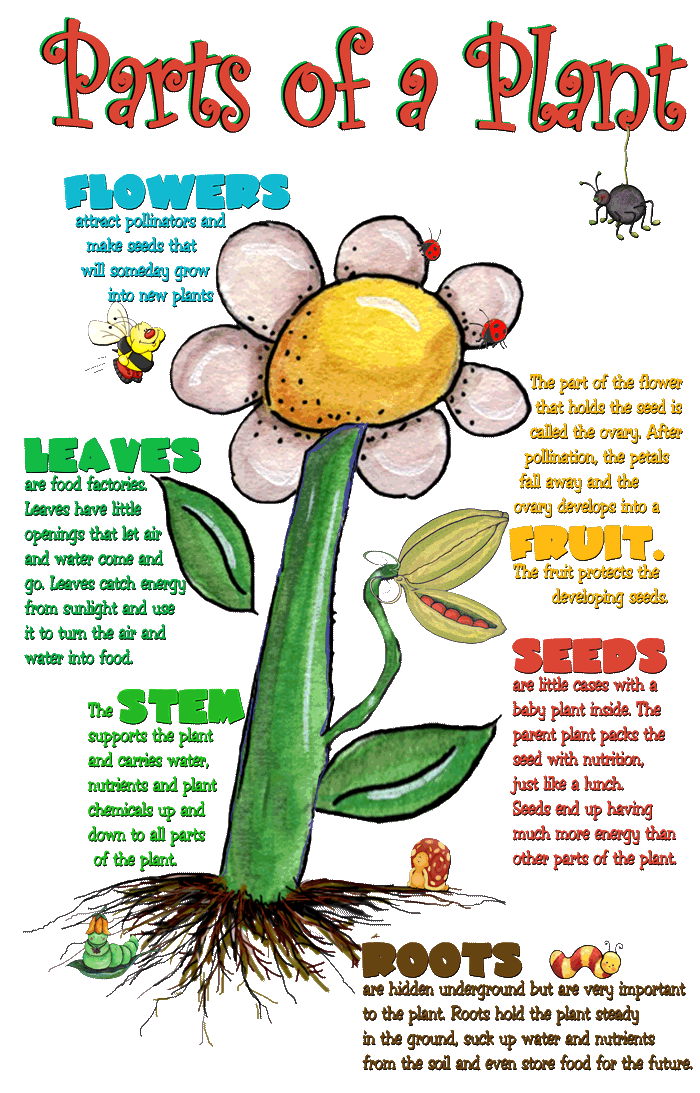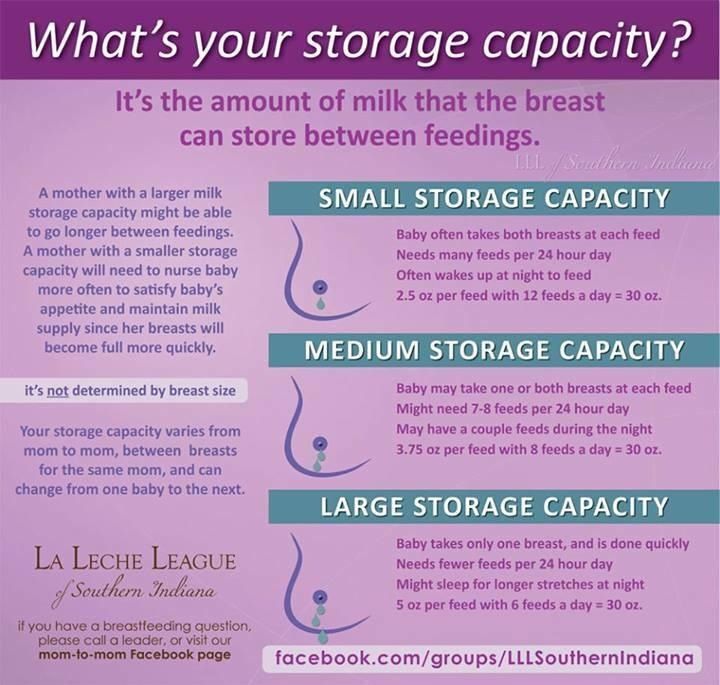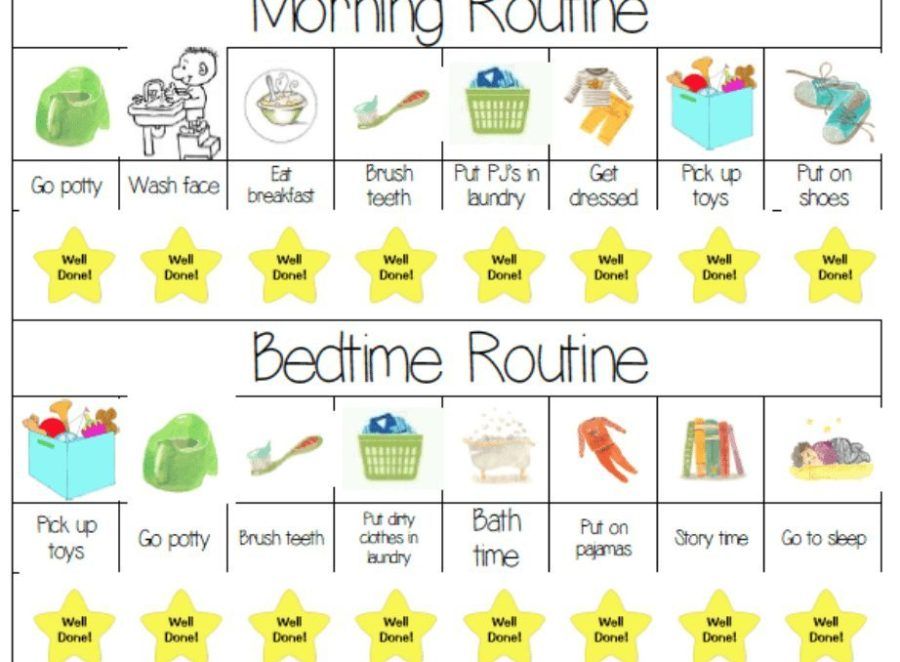Food for growing baby
Feeding your baby: 6–12 months
At 6 months of age, breastmilk continues to be a vital source of nutrition; but it’s not enough by itself. You need to now introduce your baby to solid food, in addition to breastmilk, to keep up with her growing needs.
Be sure you give your baby her first foods after she has breastfed, or between nursing sessions, so that your baby continues to breastfeed as much as possible.
When you start to feed your baby solid food, take extra care that she doesn’t become sick. As she crawls about and explores, germs can spread from her hands to her mouth. Protect your baby from getting sick by washing your and her hands with soap before preparing food and before every feeding.
Your baby's first foods
When your baby is 6 months old, she is just learning to chew. Her first foods need to be soft so they’re very easy to swallow, such as porridge or well mashed fruits and vegetables. Did you know that when porridge is too watery, it doesn't have as many nutrients? To make it more nutritious, cook it until it’s thick enough not to run off the spoon.
Feed your baby when you see her give signs that she's hungry – such as putting her hands to her mouth. After washing hands, start by giving your baby just two to three spoonfuls of soft food, twice a day. At this age, her stomach is small so she can only eat small amounts at each meal.
The taste of a new food may surprise your baby. Give her time to get used to these new foods and flavours. Be patient and don’t force your baby to eat. Watch for signs that she is full and stop feeding her then.
As your baby grows, her stomach also grows and she can eat more food with each meal.
Feeding your baby: 6–8 months old
From 6–8 months old, feed your baby half a cup of soft food two to three times a day. Your baby can eat anything except honey, which she shouldn't eat until she is a year old. You can start to add a healthy snack, like mashed fruit, between meals. As your baby gets increasing amounts of solid foods, she should continue to get the same amount of breastmilk.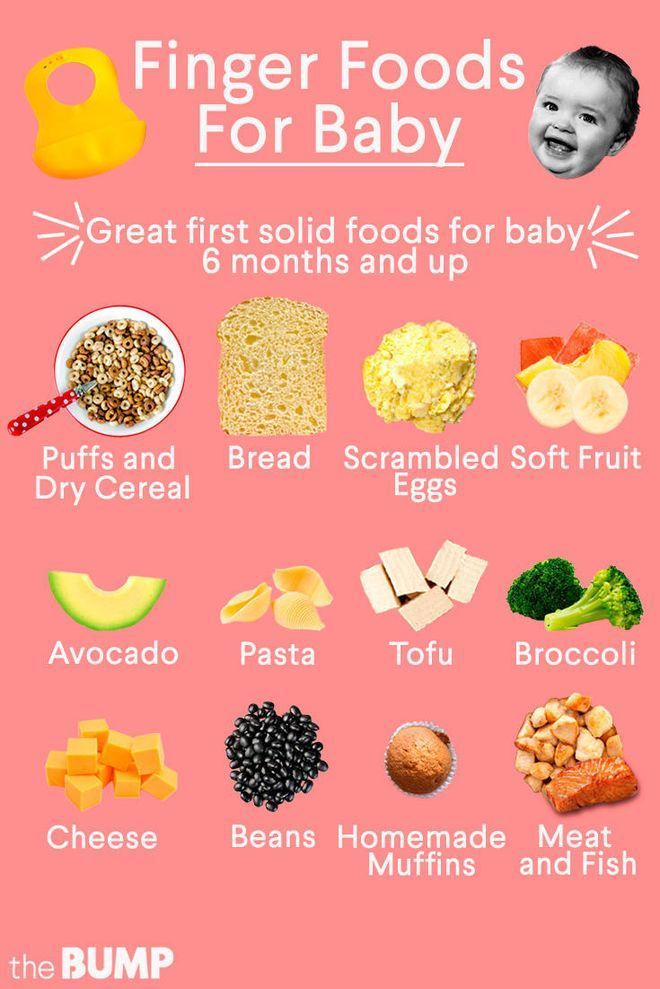
Feeding your baby: 9–11 months old
From 9–11 months old, your baby can take half a cup of food three to four times a day, plus a healthy snack. Now you can start to chop up soft food into small pieces instead of mashing it. Your baby may even start to eat food herself with her fingers. Continue to breastfeed whenever your baby is hungry.
Each meal needs to be both easy for your baby to eat and packed with nutrition. Make every bite count.
Foods need to be rich in energy and nutrients. In addition to grains and potatoes, be sure your baby has vegetables and fruits, legumes and seeds, a little energy-rich oil or fat, and – especially – animal foods (dairy, eggs, meat, fish and poultry) every day. Eating a variety of foods every day gives your baby the best chance of getting all the nutrients he needs.
If your baby refuses a new food or spits it out, don’t force it. Try again a few days later. You can also try mixing it with another food that your baby likes or squeezing a little breastmilk on top.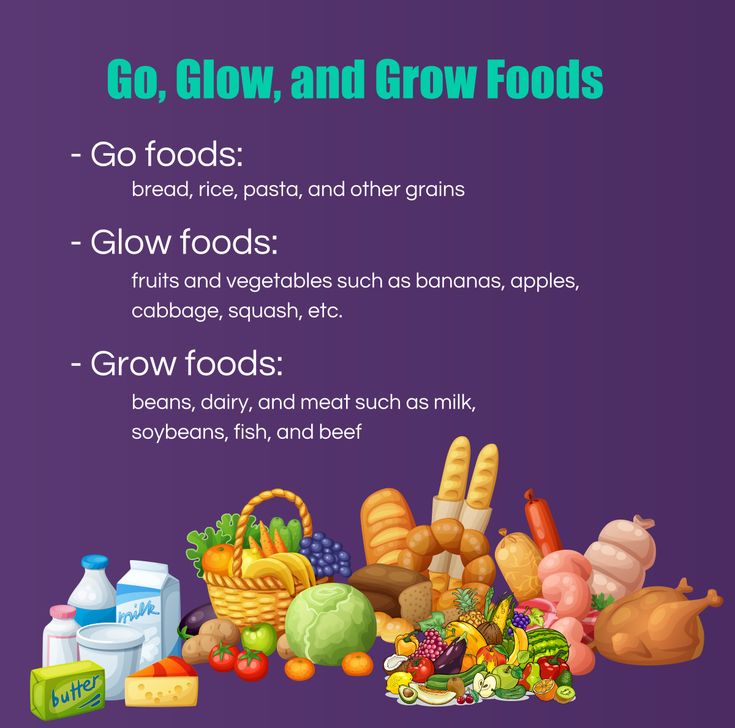
Feeding non-breastfed babies
If you're not breastfeeding your baby, she’ll need to eat more often. She'll also need to rely on other foods, including milk products, to get all the nutrition her body needs.
- Start to give your baby solid foods at 6 months of age, just as a breastfed baby would need. Begin with two to three spoonfuls of soft and mashed food four times a day, which will give her the nutrients she needs without breastmilk.
- From 6–8 months old, she’ll need half a cup of soft food four times a day, plus a healthy snack.
- From 9–11 months old, she’ll need half a cup of food four to five times a day, plus two healthy snacks.
Healthy food groups: babies & toddlers
What is healthy food for babies and toddlers?
Healthy food for babies and toddlers includes a wide variety of fresh foods from the five healthy food groups:
- vegetables
- fruit
- grains
- dairy
- protein.
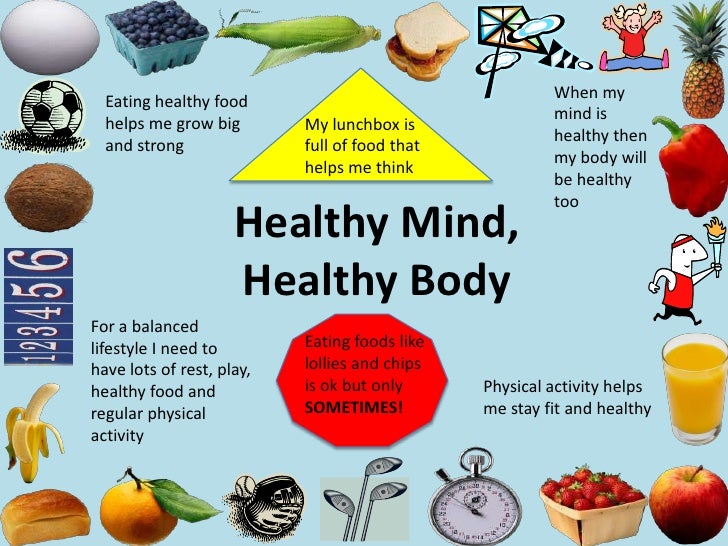
Each food group has different nutrients, which your child’s body needs to grow and work properly. That’s why we need to eat a range of foods from across all five food groups.
Going from drinking breastmilk or infant formula to eating family meals takes time, and your baby won’t be eating food from all five food groups straight away. Starting your baby on solids is the first step. Once your baby has started eating solids, try to include foods from a variety of groups at each meal.
Fruit and vegetables
Fruit and vegetables give your child energy, vitamins, anti-oxidants, fibre and water. These nutrients help to protect your baby from diseases later in life, including diseases like heart disease, stroke and some cancers.
It’s a good idea to offer your baby fruit and vegetables at every meal and for snacks. Try to choose fruit and vegies of different colours, tastes and textures, both fresh and cooked.
Wash fruit to remove dirt or chemicals, and leave any edible skin on, because the skin contains nutrients too.
Many children seem to be ‘fussy’ about eating fruit and vegies. You can help by being a healthy eating role model. If your child sees you eating a wide range of vegetables and fruit, your child is more likely to try them too.
Grain foods
Grain foods include bread, pasta, noodles, breakfast cereals, couscous, rice, corn, quinoa, polenta, oats and barley. These foods give children the energy they need to grow, develop and learn.
Grain foods with a low glycaemic index, like wholegrain pasta and breads, will give your child longer-lasting energy and keep them feeling fuller for longer.
Dairy
Key dairy foods are milk, cheese and yoghurt. These foods are good sources of protein and calcium.
Dairy foods can be introduced from around six months of age. But make sure that breastmilk or infant formula is your baby’s main drink until around 12 months of age, when most children are eating family meals. After that, you can give your child full-fat cow’s milk if they’re eating a balanced diet.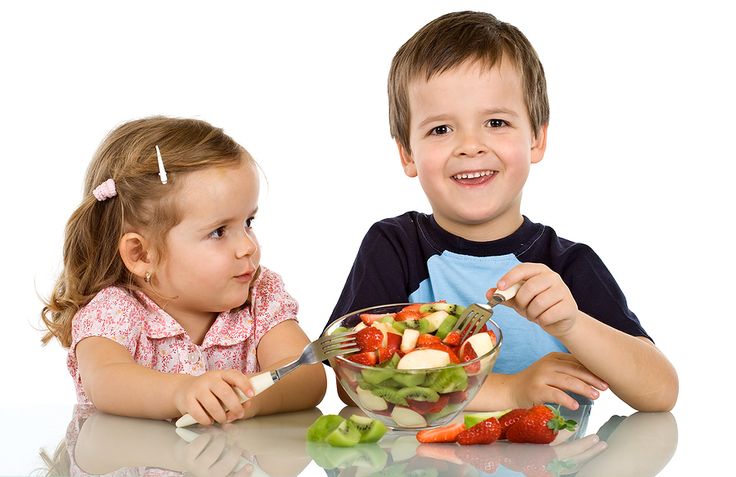
Because children in this age group are growing so quickly and need a lot of energy, they need full-fat dairy products until they turn two.
If you’re thinking of feeding your baby dairy alternatives, it’s best to talk to your paediatrician, GP or child and family health nurse.
Protein
Protein-rich foods include lean meat, fish, chicken, eggs, beans, lentils, chickpeas, tofu and nuts. These foods are important for your child’s growth and muscle development.
These foods also contain other useful vitamins and minerals like iron, zinc, vitamin B12 and omega-3 fatty acids. Iron and omega-3 fatty acids from red meat and oily fish are particularly important for your child’s brain development and learning.
Have a look at our illustrated dietary guidelines for children 1-2 years and illustrated dietary guidelines for children 2-3 years for more information about daily food portions and recommendations. You can also speak to a dietitian if you have concerns about your child’s eating.
Healthy drinks
Water is the healthiest drink for children over 12 months. It’s also the cheapest. Most tap water is fortified with fluoride for strong teeth too.
From six months, breastfed and formula-fed babies can have small amounts of cooled boiled tap water from a cup.
Foods and drinks to limit
It’s best to limit the amount of ‘sometimes’ food your child eats. This means your child will have more room for healthy, everyday foods.
‘Sometimes’ foods include fast food, takeaway and junk food like hot chips, potato chips, dim sims, pies, burgers and takeaway pizza. These foods also include cakes, chocolate, lollies, biscuits, doughnuts and pastries.
‘Sometimes’ foods can be high in salt, saturated fat and sugar, and low in fibre. Regularly eating these foods can increase the risk of health conditions like childhood obesity and type-2 diabetes.
You should also limit sweet drinks for your child, including fruit juice, cordials, sports drinks, flavoured waters, soft drinks and flavoured milks.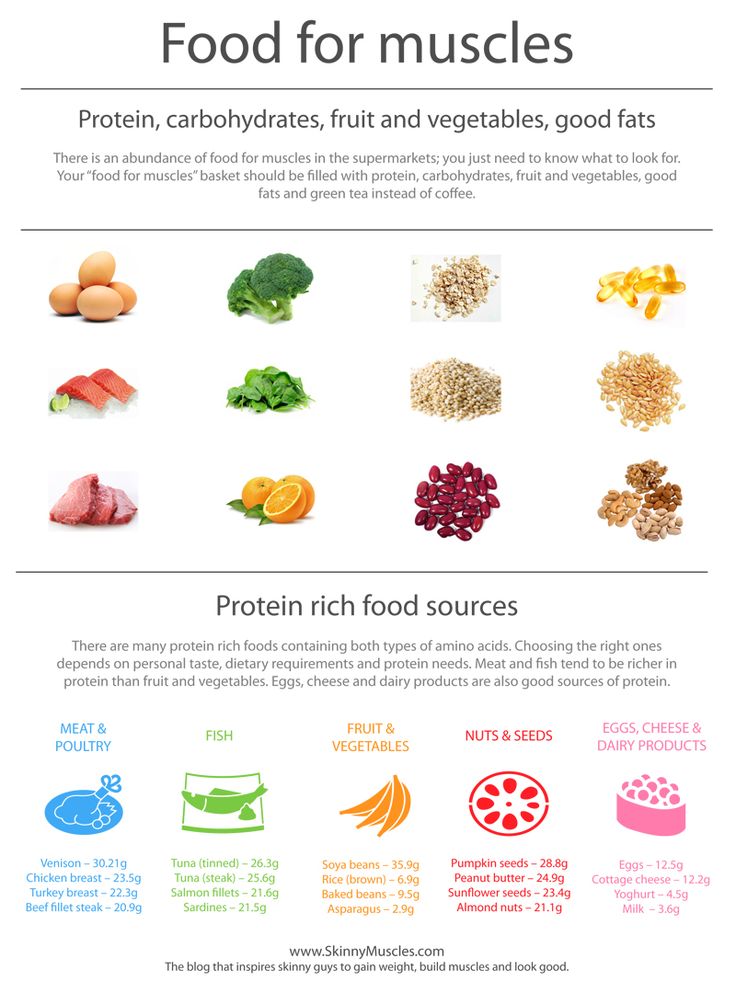 Sweet drinks are high in sugar and low in nutrients.
Sweet drinks are high in sugar and low in nutrients.
Too many sweet drinks can lead to unhealthy weight gain, obesity and tooth decay. These drinks fill your child up and can make them less hungry for healthy meals. If children regularly have sweet drinks when they’re young, it can kick off an unhealthy lifelong habit.
Foods and drinks with caffeine aren’t recommended for children, because caffeine stops the body from absorbing calcium well. Caffeine is also a stimulant, which means it gives children artificial energy. These foods and drinks include coffee, tea, energy drinks and chocolate.
Healthy alternatives for snacks and desserts
It’s fine to offer your child snacks, but try to make sure they’re healthy. Fruit and vegetables are a good choice – for example, grated or thinly sliced carrot or apple.
The same goes for dessert at the end of a meal. Sliced fruit or yoghurt are healthy options.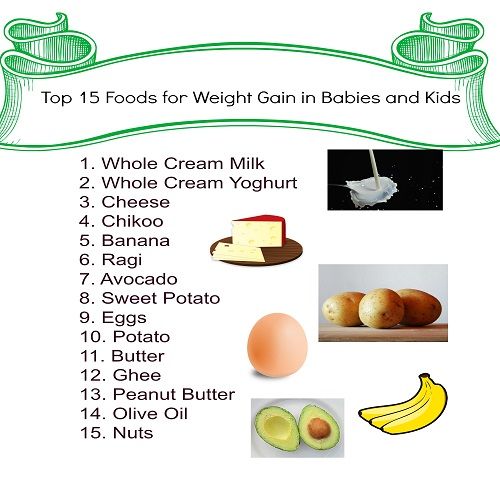 If you want to serve something special, try homemade banana bread. Save the seriously sweet stuff, like cakes and chocolate, for special occasions like birthdays.
If you want to serve something special, try homemade banana bread. Save the seriously sweet stuff, like cakes and chocolate, for special occasions like birthdays.
The Australian Guide to Healthy Eating says that both children and adults should avoid or limit sometimes food. It’s best to save these foods for special occasions.
Proper nutrition for children: four ways to make it not only useful, but also enjoyable Dental Way Dentistry in Moscow and the Moscow Region
Proper nutrition for children: four ways to make it not only useful, but also enjoyable Dental Way Dentistry in Moscow and the Moscow region | Dental WayCall us, we are working now
Write to us, we are online
nine0002 Only lazy people do not talk about proper nutrition today. And this is no coincidence. It is difficult to imagine a healthy lifestyle promoted by doctors without such a component as a balanced diet. It is especially important for an actively growing child's body.
It is especially important for an actively growing child's body. How does nutrition affect a child's health? What foods should be mandatory in the daily diet? How to turn a boring meal of healthy food into a pleasant pastime? About this and much more in our article.
The dynamics of modern life dictates its own conditions: children lead an active lifestyle from an early age. Kindergarten, school, additional circles and sections - the day is scheduled by the hour. To endure such intellectual and physical stress without harm to health, you need to eat regularly and in a balanced way. nine0003
The composition of a "healthy" diet
The daily menu of a child of preschool and school age should contain dishes containing enough fats, proteins, carbohydrates, fiber, vitamins, minerals, water. Fresh vegetables and fruits, meat, fish, cereals are mandatory attributes of a children's diet. Daily caloric intake is calculated depending on age and loads: schoolchildren and children involved in active sports, dancing should consume more calories to replenish energy. nine0003
nine0003
What is the risk of malnutrition
Fast food snacks, pastry abuse, frequent consumption of sugary drinks - with such eating behavior it is not easy to maintain health. The lack of certain nutrients leads to a decrease in efficiency, weakening of the immune system and susceptibility to colds. Frequent snacking is a path to excess weight, diseases of the digestive and endocrine systems.
Deficiency of protein, mineral salts, fluorine, along with the abuse of simple carbohydrates (cakes, cookies, sweets, lemonade) are ideal conditions for the development of caries. Bacteria in the mouth break down sugar into acids, which in turn bind to the minerals in tooth enamel. Demineralization is enhanced by a lack of minerals from food, and the tooth is destroyed. nine0003
It must be remembered that eating habits are formed from early childhood. To avoid health problems and eating disorders in adulthood, you should teach your child to eat right from an early age.
Proper organization of a child's nutrition
To ensure that meals are not a burden for children, but a joy, try to follow these principles:
- Meals should be regular.
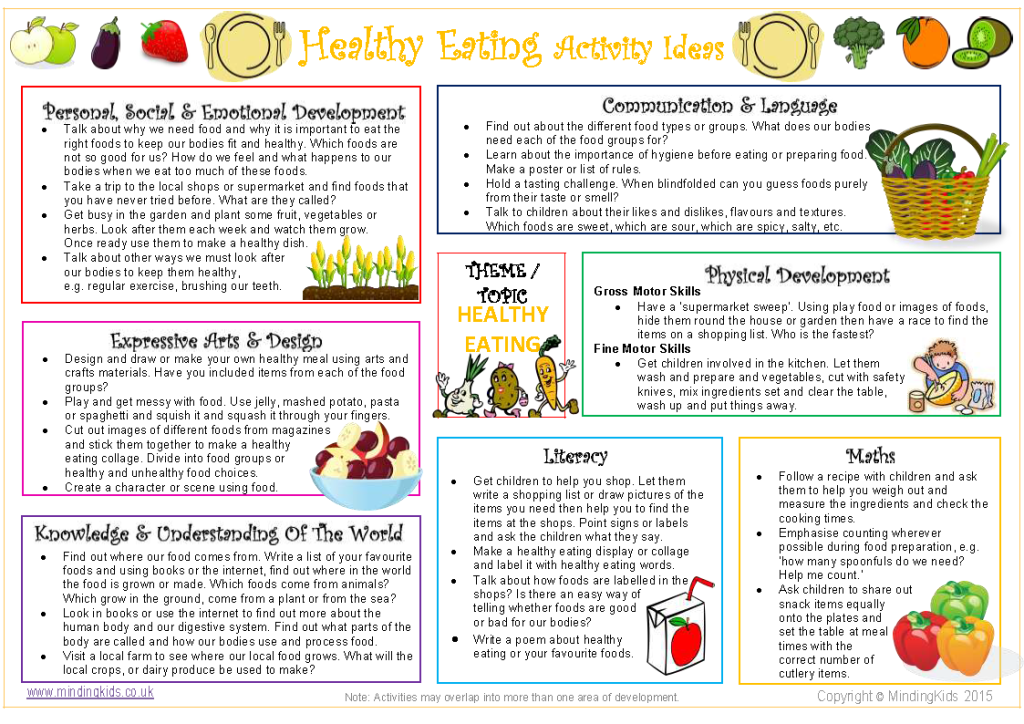 Normally, a child should have 3 main meals and 1-2 snacks. Breakfast, lunch and dinner are the main meal of the day and should include hot meals. Vegetables, fruits, nuts, dairy products are a great option for a second breakfast or afternoon snack. A clear schedule of food intake helps the body to develop a regimen and eat when there is a feeling of hunger. In addition, food rituals make children's lives clear and stable, reduce anxiety and promote better digestion
Normally, a child should have 3 main meals and 1-2 snacks. Breakfast, lunch and dinner are the main meal of the day and should include hot meals. Vegetables, fruits, nuts, dairy products are a great option for a second breakfast or afternoon snack. A clear schedule of food intake helps the body to develop a regimen and eat when there is a feeling of hunger. In addition, food rituals make children's lives clear and stable, reduce anxiety and promote better digestion - Children's menu should be varied and balanced. Interest is the driving force of the child. It can also help motivate kids. Unusual combinations of products, non-traditional serving of dishes - these ways you can expand the diet of children who are selective in food, while keeping within the ratio of proteins, fats and carbohydrates.
- Of course, the personal example of adults is important: if parents try to feed their child with porridge, while they themselves enjoy burgers or hot dogs, an attempt to instill a love for proper nutrition is unlikely to be successful.
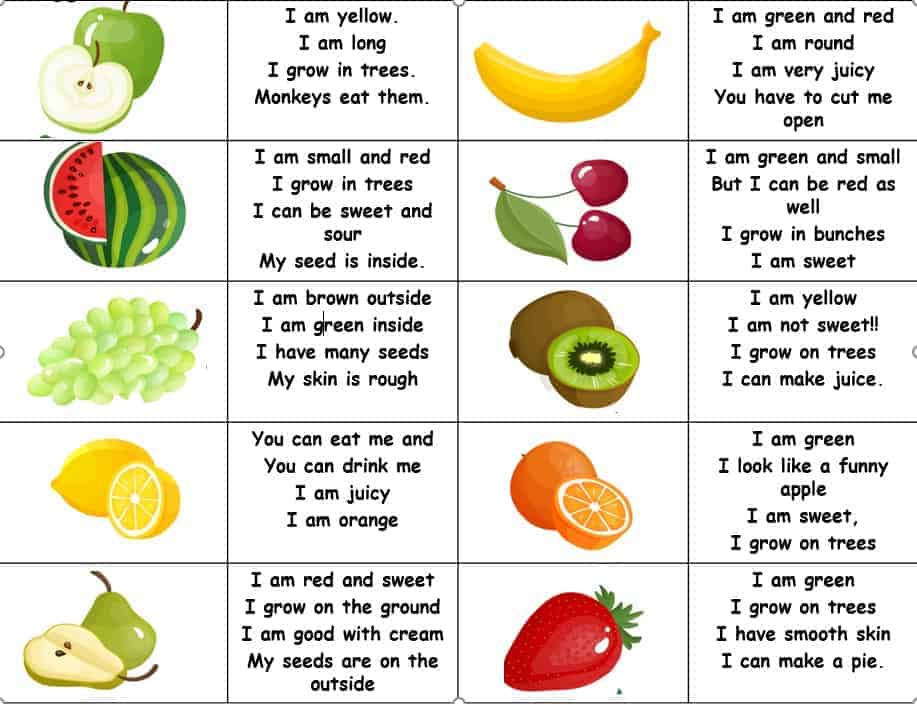 Therefore, this path should begin with a revision of the diet of the family as a whole. It is easier to eat healthy foods if it is a matter of course in the family. nine0030
Therefore, this path should begin with a revision of the diet of the family as a whole. It is easier to eat healthy foods if it is a matter of course in the family. nine0030 - Provide choice: let the child create a menu of healthy options for dishes that he likes. First, he will not have the feeling that he is being forced to eat something in particular that will cause resistance. Secondly, he can be involved in the preparation of these dishes, thereby instilling new useful skills.
Despite the fact that the formation of proper eating behavior is not an easy and fast process, it is difficult to overestimate the need for it. Do not forget that for a successful result, all family members must adhere to the same strategy. It is important to talk with children about proper nutrition, about the benefits and dangers of various products for health, about the possible unpleasant consequences of eating disorders. nine0003
Share
Subscribe
Other articles on the topic
Crowns for chewing teeth: how to choose the optimal .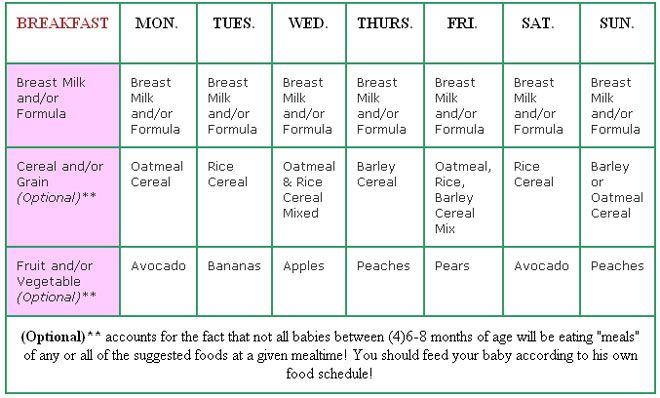 ..
..
Tooth decay is not a sentence. Modern dentistry allows you to restore functional and aesthetic…
Read more
Treatment of inflammatory gum disease: stomat…
“The mouth is a mirror of the body” - doctors say, emphasizing the connection between the state of the oral…
Read more
Pulpitis: symptoms and treatment
The term “pulpitis” in dentistry refers to the inflammatory process in the neurovascular system…
Read more
Name *
Telephone *
I agree to the processing and storage of my personal data
nine0002 reCAPTCHA spam protection.Privacy, Terms of Use
+7 (495) 137 7821
Open daily
from 9:00 to 21:00
Name *
Telephone *
nine0002 I agree to the processing and storage of my personal data reCAPTCHA spam protection.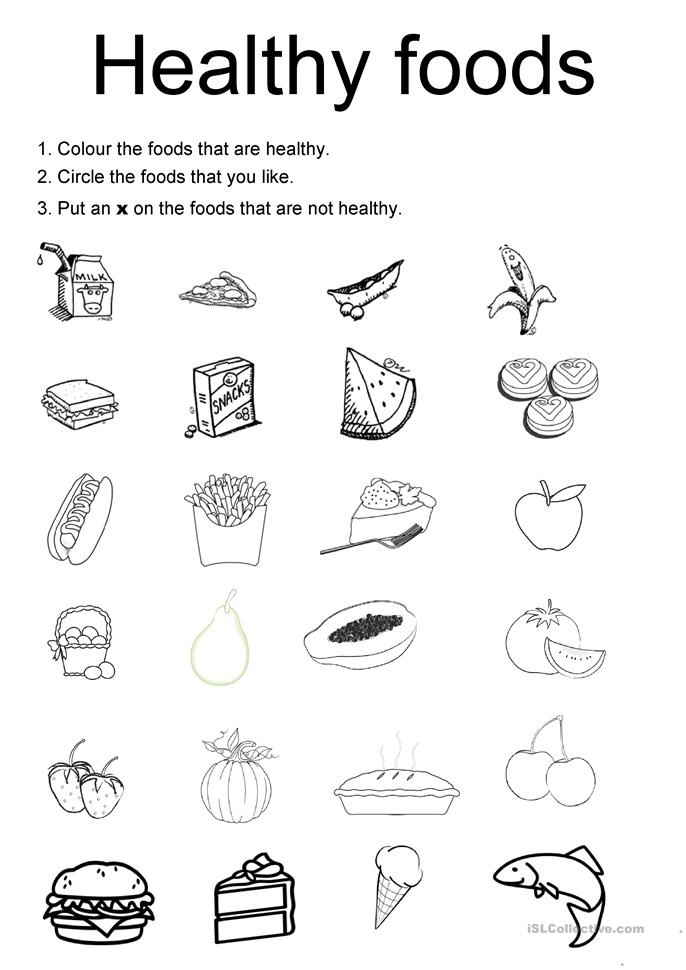
Privacy, Terms of Use
Call
Proper nutrition for children - the basics of a healthy diet for every day
Many parents are much more responsible for organizing the nutrition of their children than they are for their own diet. And it’s completely in vain, because the formation of a culture of healthy nutrition for children is formed not only by compiling an ideal menu for a child. The eating behavior of the whole family is extremely important, which the baby pays attention to and which in the future forms his own eating habits and preferences. nine0003
The importance of proper nutrition for children
The development of the child's body is influenced by a combination of factors, but the most important role belongs to food. The development of the child, the formation of basic skills, not only in childhood, but also in adulthood, depends on a diet that is correctly compiled in early childhood.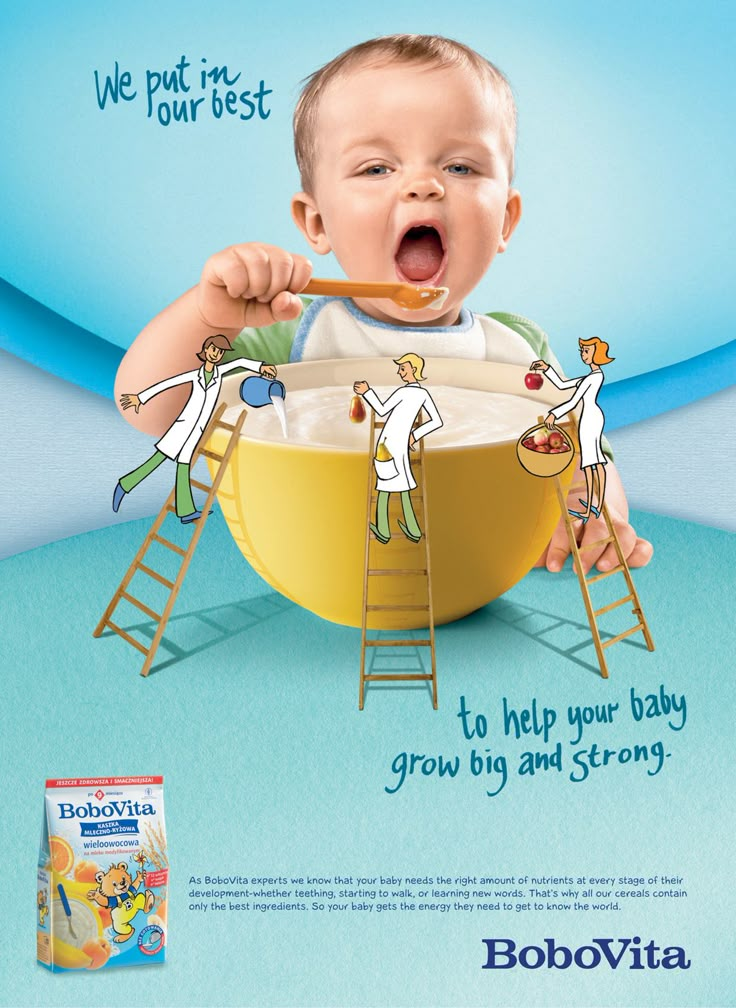
Proper nutrition improves mental acuity, memory, mood, promotes proper growth and development of the body, helps maintain weight and metabolism. With a balanced healthy diet, you can prevent the development of chronic diseases such as obesity, diabetes, arterial hypertension and a number of others. nine0003
Proper nutrition is one of the main ways to maintain health and a high quality of life for a long time. Most human eating habits are formed in childhood and remain with him for life. Therefore, it is very important that the baby eats properly from the first days of life.
What is the right diet for a child
A healthy diet for a child every day is food that contains all the necessary nutrients. Unfortunately, today many children make their choice in favor of fast food, and parents do not limit them in any way. Yes, it is quite tasty and such dishes are prepared quickly, which means that you can quickly feed the child without wasting your time preparing food.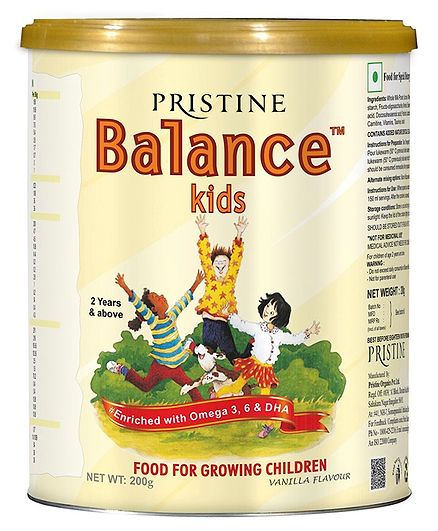 nine0003
nine0003
But the fact is that fast food is extremely unhealthy, not only for children, but also for adults. It leads to the development of obesity, disrupts metabolic processes, affects the digestive organs, which does not fit into the idea of healthy nutrition at all.
Here are the basic principles of proper nutrition:
- every day on the table there should be products that completely cover the body's need for nutrients;
- nutrition should be balanced;
- food is recommended to be boiled, baked in the oven, steamed, but it is better to refuse fried, smoked, pickled, canned food, as well as fast food;
- if the child has intolerance to certain products, then the menu should be adjusted accordingly.
When to teach a child to eat healthy
It is important to teach your child to eat healthy from an early age. This will help shape your eating habits. A study was conducted in which nutritionists observed the eating behavior of one and a half thousand children from birth to the age of six.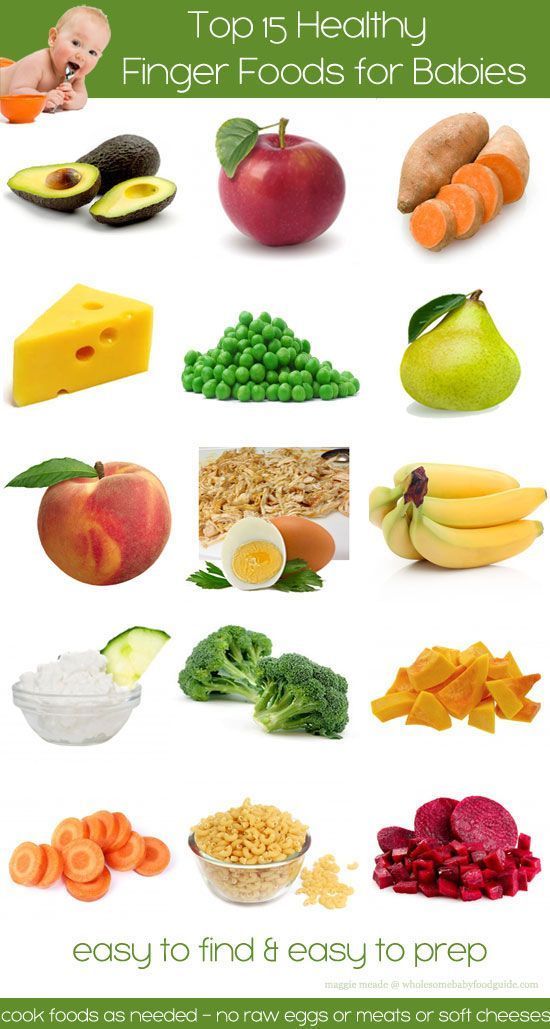 It turned out that children who were given little fruits and vegetables in the first year of life refused to eat them at 6 years old. The best age for teaching a child to proper nutrition is from 6 months. nine0003
It turned out that children who were given little fruits and vegetables in the first year of life refused to eat them at 6 years old. The best age for teaching a child to proper nutrition is from 6 months. nine0003
By the way, the baby gets acquainted with many tastes even before his birth. While in the mother's abdomen, he swallows amniotic fluid. The taste of this liquid depends on what a woman eats during pregnancy.
After birth, the baby is breastfed and the taste of milk also depends on the mother's diet. This may be why breastfed babies transition to complementary foods much more easily than formula-fed babies.
It has been proven that the child's perception of new foods is highly dependent on whether they were present in the mother's diet during pregnancy and lactation. Therefore, a woman needs to be extremely careful about her diet at this time. It should be hypoallergenic, balanced and rational.
Some food preferences are noticeable in a child in the first months of his life. For example, he may enjoy eating salty and sweet foods, while refusing sour or bitter foods. In part, this is a protective function of the body, which, just in case, tries to avoid bitter foods, as they may contain toxic substances. However, not all bitter foods are unhealthy. nine0003
For example, he may enjoy eating salty and sweet foods, while refusing sour or bitter foods. In part, this is a protective function of the body, which, just in case, tries to avoid bitter foods, as they may contain toxic substances. However, not all bitter foods are unhealthy. nine0003
Healthy diet for children
The formation of healthy eating habits in children begins with the right diet. Most of all, the body of children and adolescents needs protein. It is a building material for a growing organism, and also compensates for energy losses. The younger the child, the more protein he needs. The most valuable and useful protein product for babies is mother's milk. Also in the children's diet should be vegetable proteins, which are found in legumes and grain products. Many legumes in terms of protein content can be compared with products such as meat, eggs, cottage cheese, fish. nine0003
In addition, the child's body needs essential amino acids that are not produced by the body and must be supplied with food. Amino acids play a huge role in the metabolic processes occurring in the body, and perform many other functions.
Amino acids play a huge role in the metabolic processes occurring in the body, and perform many other functions.
The diet must contain fats. These are more concentrated sources of energy than carbohydrates. In addition, the composition of fats includes vitamins A and E, important for the child's body, as well as phospholipids, PUFAs. For children, the best sources of fats are milk, butter, eggs. But the abuse of fats is highly discouraged, as this leads to metabolic disorders, digestive disorders, decreased appetite, and the development of obesity. In addition, excess fat leads to a violation of the absorption of proteins. nine0003
Young children need less carbohydrates than fats and proteins. An excess of carbohydrates (especially sugar) impairs the development and growth of children, reduces immunity, and increases the likelihood of developing caries. Useful sources of carbohydrates are fruits, vegetables, fresh juices, berries.
The children's body is also in dire need of vitamins (especially A and D).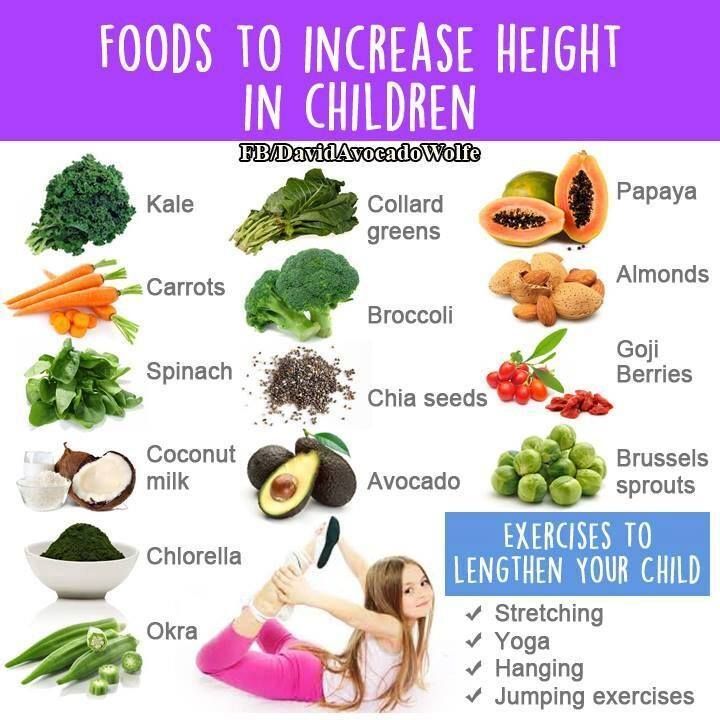 With a lack of vitamin D, rickets develops, hypovitaminosis A leads to disruption of the endocrine system. The most important minerals are calcium, iron and iodine. nine0003
With a lack of vitamin D, rickets develops, hypovitaminosis A leads to disruption of the endocrine system. The most important minerals are calcium, iron and iodine. nine0003
The key to health for children is to limit the consumption of sweets. Cookies, jam, marshmallows, sweets can be given, but in small quantities and not every day.
Basic Rules
Here is a brief guide for parents on the rules of healthy eating for children:
1. The best example for children is their parents. Therefore, deciding to instill in your child the habits of proper nutrition, start with yourself.
2. Don't let your child snack on the go. The process of eating should take place at the kitchen table, without a phone, TV or tablet. It is necessary that the child was completely focused on eating, the only way to ensure the normal absorption of food. nine0003
3. When compiling a menu for every day, consider not only the benefits of the products, but also the tastes of the child, as well as the individual characteristics of his body (allergies, the presence of chronic diseases, and so on).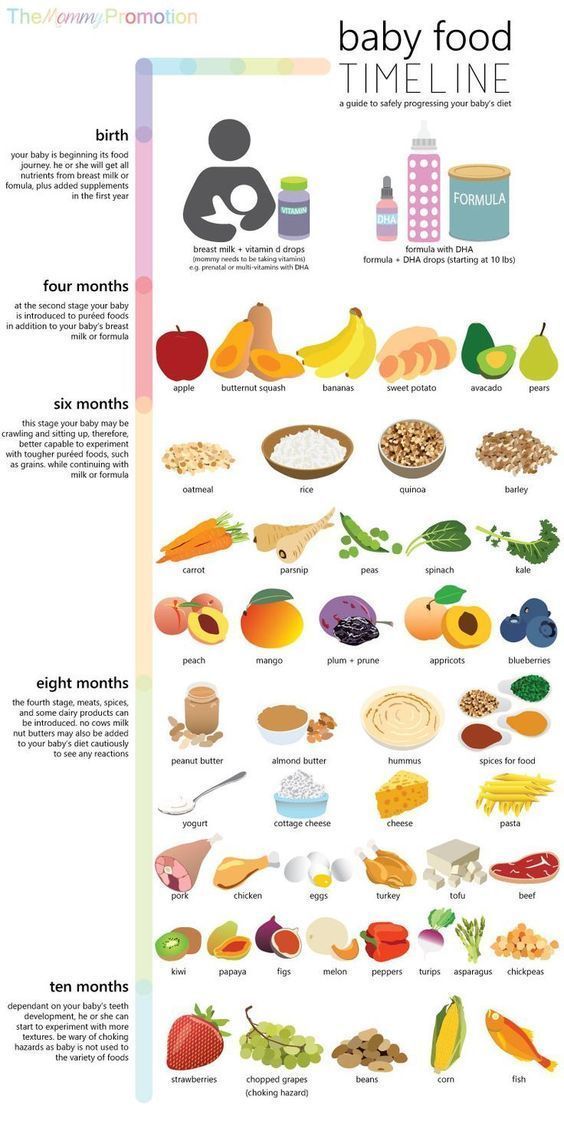
4. Set a clear diet. The baby should eat at certain hours. There should be at least four meals a day.
5. Buy only fresh and high-quality products in stores. Pay attention to the expiration date and composition. nine0003
Remember that by teaching your baby to eat right, you are laying the foundation for his future health.
Possible problems
If a child constantly eats improperly, abuses fast food and other junk food, then the following health problems may develop over time:
- lagging behind peers in development and growth;
- obesity;
- lack of iodine, iron, vitamins and other nutrients in the body; nine0030
- gastritis;
- deterioration in general well-being, lethargy, weakness, lethargy.
Some teenage girls start to go on a strict diet to fit the ideals imposed by the fashion world. This negatively affects their health, leads to disruption of the cycle, which in the future may cause the development of infertility.
Boys have other problems. Some of them, in an effort to find a beautiful muscular body, begin to get involved in hormonal drugs, and also eat improperly, which can also lead to health problems over time. nine0003
Thus, proper nutrition is of decisive importance for children, starting from birth. And the task of parents is to provide them with fresh, high-quality products and make the right diet. This will help you avoid many health problems in the future.
Is it necessary to force children to eat
Quite often, children refuse to eat healthy food, citing the fact that they do not like it. Should they be forced to do it against their will? Of course not. But it is quite possible and even necessary to convince the child to eat calmly and reasonably. nine0003
Remember how our mothers and grandmothers told many of us in an ultimatum form that until we had eaten all the food on the plate, they would not let us out from the table? And how did you feel about it? Surely, such a statement did not add motivation.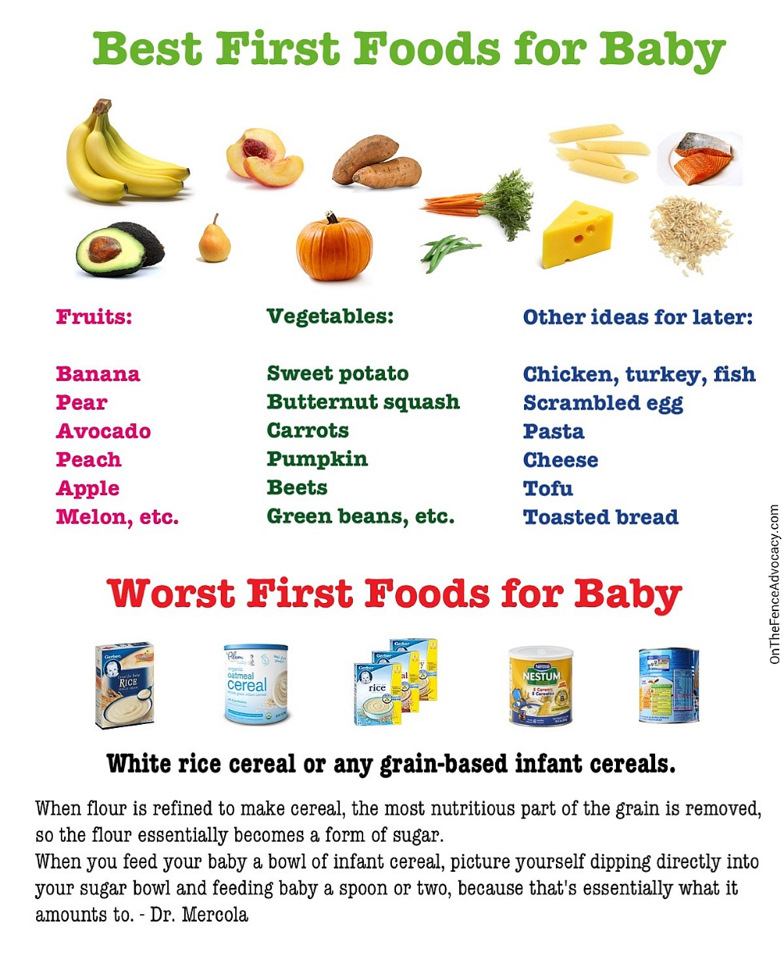
Many mothers take the fact that the child does not eat the food prepared by them as a personal insult. They believe that the child neglects care and does not appreciate the time spent on him. In fact, this position is selfish. Up takes a sense of resentment for the fact that the children rejected their care and love. nine0003
But this is absolutely not true. The child still loves them very much, and the reasons for the lack of appetite usually lie in a completely different plane. You just need to confidentially and calmly discuss the situation and understand what's going on.
Scientists have found that there is a link between forcing a child to eat and eating disorders in adulthood. In Western countries, a child is often forced to eat healthy food, motivated by the fact that it is fashionable, healthy, tasty, expensive. And, for example, in some Third World countries, a mother will be ashamed if her child is thin, since in this case the neighbors will consider that the family is poor.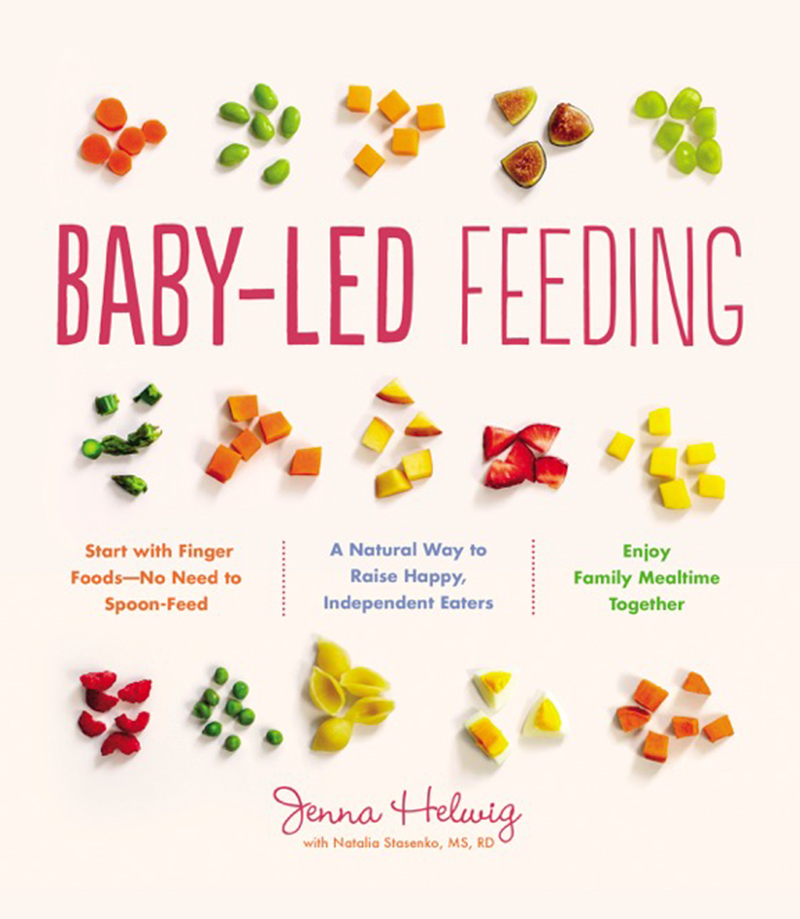 nine0003
nine0003
In general, motivation can be very different. Unfortunately, the total control of parents regarding nutrition often leads to negative consequences in the adult life of the child. The same applies to the ban on fast food, chips and other junk food. The forbidden fruit is always sweet, and the child begins to perceive such food as an inaccessible pleasure, which further increases the desire to eat it.
And vice versa, forcing the baby to eat wholesome food against his will, parents achieve the exact opposite effect. The child simply ceases to perceive this product as food, which will inevitably have a negative impact on his eating habits in the future. nine0003
Article sources:
- Nutrition of young children. Netrebenko O.K. Pediatrics. Journal them. G. N. Speransky, 2007. p. 73-80
- Nutrition for preschool children. Inoyatova Kh.B., Nuriddinov Sh.F., Mamadiyarova M.A., Rakhmatova D.G. Academy, 2020. p. 4-7
- Analysis of the habitual diet of children aged 7-9 years.
